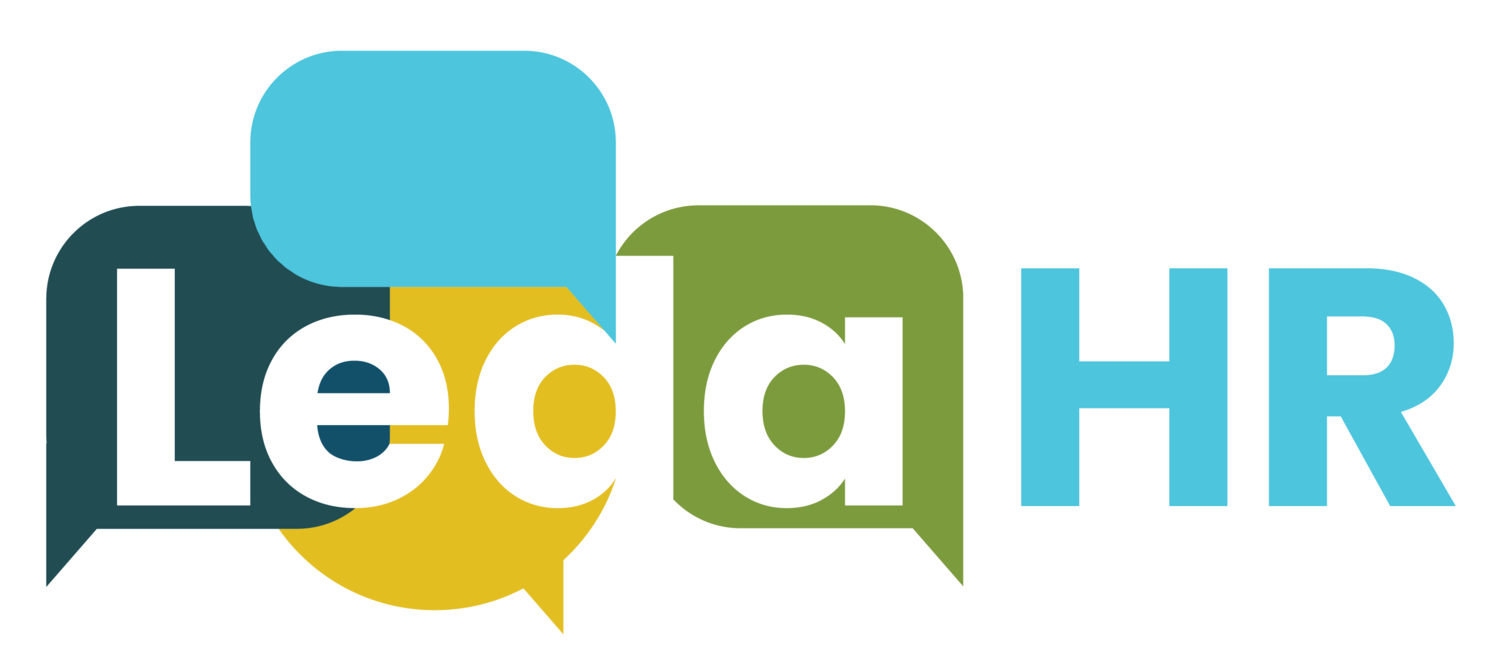Remote Work for Humans: Lessons in Inclusion Through COVID-19
"We are in an unprecedented time."
I keep hearing this statement over and over and I am sure you are, too. We are being forced to change and adapt and find new ways to do things that we have been used to doing one way for a long time. How we work is one of those things.
I see some Human Resources colleagues and managers struggling to adapt to this new normal in workplaces that had not yet fully embraced remote work options. The response for some is to default to a risk-averse place - they fear what could go wrong so they create rules to mitigate risk.
Rules. I am not a big fan of rules. The "R" word is one that takes me instantly to a place of "things that I am not ALLOWED to do" or "things that I MUST do." Neither option makes me feel like I have a say in how I do my work or that I possess any autonomy.
I have heard from friends and colleagues who have had managers create rules in the last couple of weeks that make them feel as if trust is lacking. One manager has created a virtual "role call" first thing each morning to ensure that their employees are at their desk and online. Another colleague told me that she fears that if she doesn't put every single phone call or task in her calendar, her manager will check and won't believe that she has done any actual work.
During a time when our collective anxiety in society is high, the additional rules and lack of trust could be the equivalent of throwing gasoline on a mental health fire.
I know that rules can be helpful but maybe we need to shift from a rules mindset to something that feels a bit more inclusive - how about supportive guidelines?
Inclusive leaders and organizations recognize the importance of trust. But how do we lean into that and lean away from the fear and unease about remote work? Here are some suggestions to make remote work inclusive, supportive and trusting:
1. Human-Centred Approach: The first word in human resources is, in fact, human. Now, more than ever, we need to focus on treating our employees and colleagues as unique, individual human beings. One size does not fit all and you will need to adjust how you support each member of your team during this time. An introvert who likes to work independently may adjust quicker than an extrovert who prefers to work with a group of people.
2. Human Connection: Create opportunities for your team to connect with each other as a group, as individuals and with you one to one. Move your weekly team meeting to an online format. But also consider the informal opportunities for human connection that often happen in the break room or at the watercooler. Consider scheduling an online 15 minute coffee break where nobody talks about work - it's time used for catching up on a personal level.
3. Cognitive-Ability: Your employees will not be working at their usual capacity. Not only are they working in a new environment that may have distractions such as family members or roommates also practicing physical-distancing, but they will likely be distracted by what is happening in the world. That's OK. The sooner we recognize the impact of physical-distancing and the global pandemic on mental health and overall wellbeing, the better off we will all be, both in and out of the workplace.
4. Just Ask: Not sure what an employee might need to feel supported and do their best work during this time? Ask.
Change is never easy. It certainly isn't easy when we have so many things to worry about right now. What we need is flexibility, patience, understanding and empathy. Resist the urge to create rules. Now is an opportunity to build more inclusive, empathetic workplaces.
In the words of the great Brene Brown, "Empathy is communicating that incredibly healing message of 'you are not alone'."

